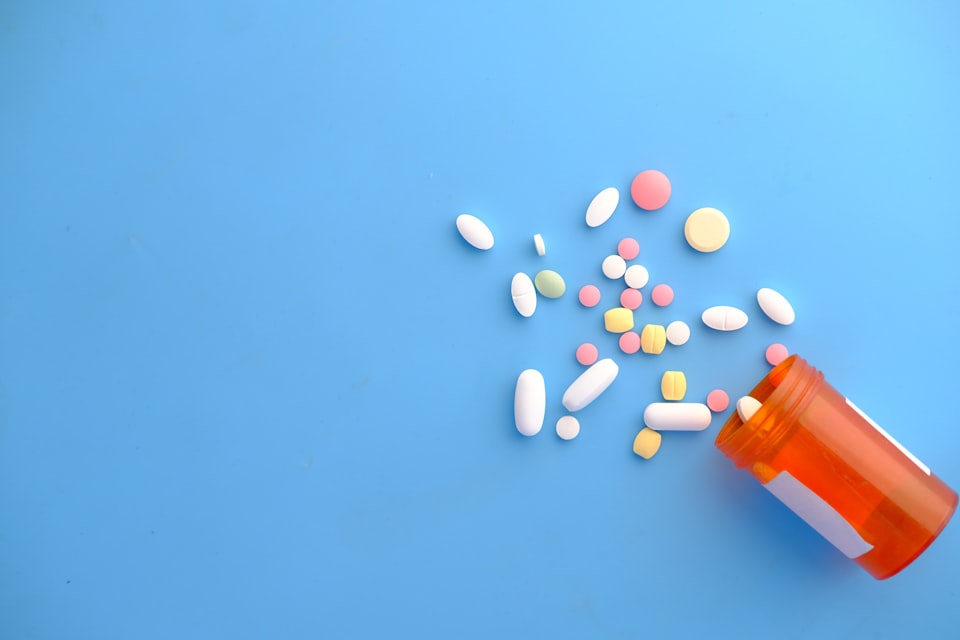Clinical Pharmacology: Useful Resources
Prescribing medications is scary. Here are some resources that'll help you feel more confident.

As an intern you're likely starting to prescribe for the first time. This may put you on edge because there's so many things that could go wrong and you feel like you don't have the knowledge or skills to be making such a decision.
Fair enough, prescribing comes with great responsibility. There's lots of things that could go wrong and almost all of these errors are preventable.
Here are some of my favourite medication-related resources that you can use to minimise your chances of making mistakes.
- Therapeutic Guidelines (previously eTG). Good for Australia-wide empiric antibiotic therapy, as well as the intial few lines of treatment for a variety of conditions.
- AMH. If you've got questions about dosing, indications, precautions,
- NSW HealthPathways. Has network-specific empiric recommendations and pathways.
- Natural Medicines. I only recently came across this but it's a useful resource for getting reliable information about the various complementary medications or vitamins that patients may be on.
- SafeScript NSW. This is a great resource for checking what high-risk medications have been prescribed and dispensed for a particular patient. Useful when you suspect a patient is a 'doctor-shopper'.
- eviQ: Opioid Conversion Calculator. When you're trying to convert from oral to parenteral opioids, this resource is great for helping you with the dose conversions.
Note: resources are just resources. They don't make you any better a doctor. Make sure you use clinical judgement to decide whether a medication is indicated and appropriate for use in the specific patient you're dealing with.
